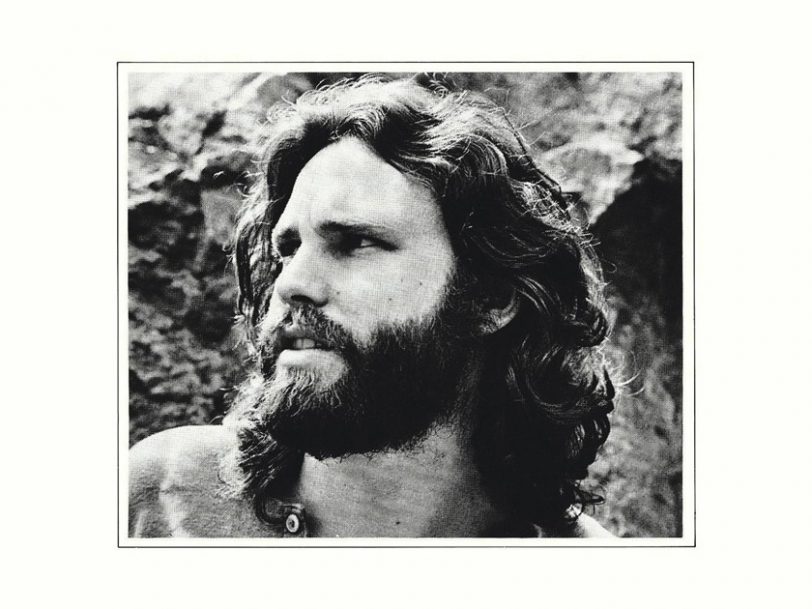Released seven years after Jim Morrison’s death, An American Prayer stands as the final album by The Doors – who themselves had broken up after releasing two records without their talismanic frontman, 1971’s Other Voices and 1973’s Full Circle. Credited to Jim Morrison with “Music by The Doors”, it primarily comprises freshly composed backing tracks over which the group laid recordings of Morrison reading some of his most potent penned poems. Yet, like almost everything The Doors did, the album caused some controversy when it hit the shelves towards the end of 1978.
Listen to ‘An American Prayer’ here.
“‘An American Prayer’ was made by people who were closest to Jim”
“An American Prayer has attracted much comment, including some significant controversy. I want people to understand that this album was made by those people who were closest to Jim, both personally and artistically,” Elektra Records engineer and the album’s primary producer, John Haeny, wrote on his website in 2013.
“There was much push and pull during the making of this album and I shared in that struggle,” Haeny continued. “But to give credit where credit is due, The Doors love and admired Jim, and An American Prayer was their final gift to their departed band member.”
Haeny’s not wrong in suggesting that the finished album had a long birth. He was originally tasked to help produce an album of Morrison’s poetry by Elektra boss Jac Holzman around the start of 1969, but due to circumstances beyond everyone’s control, a whole decade elapsed before he could bring the project to fruition.
As to why Morrison wanted to record his poetry in the first place, we have to remember that while The Doors became one of the world’s biggest acts, their charismatic frontman had grown tired of the adulation around the time of their third album, 1968’s Waiting For The Sun. Morrison made it known that he wished to pursue artistic goals outside of rock music, and while he also made the experimental film HWY: An American Pastoral, with his friends Frank Lisciandro, Paul Ferrara and Babe Hill, he was equally keen to get his poetry down on tape in 1969.




